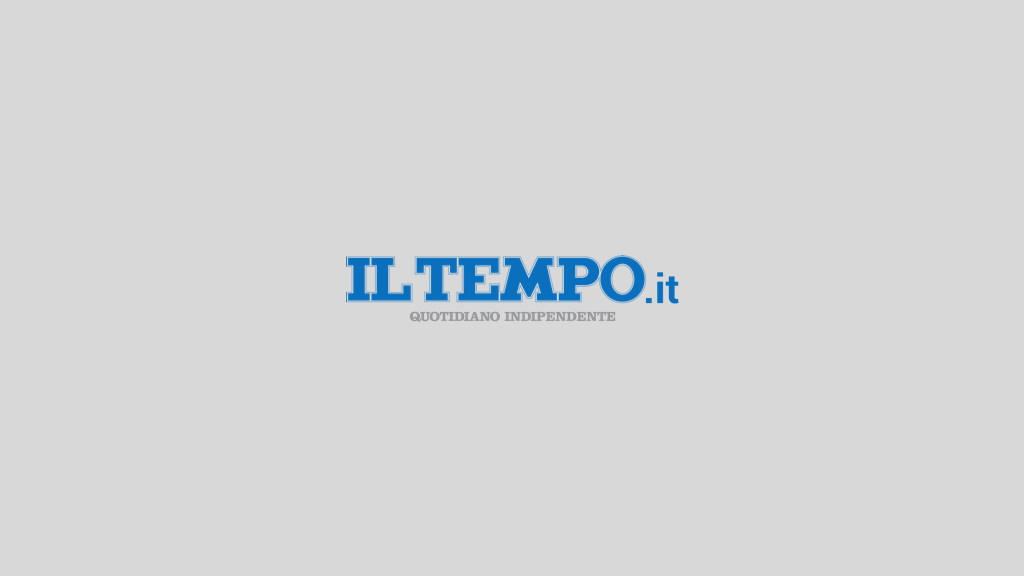Former Telecom Secretary Aruna Sundararajan Joins Truecaller Board

Truecaller AB, the Swedish caller ID and spam detection firm, is set to welcome Aruna Sundararajan, a seasoned technology and policy expert, to its board. The nomination, proposed by the company's Nomination Committee, will be voted on at the Annual General Meeting scheduled for May 23, 2025. Sundararajan's extensive experience in the tech sector and her pivotal roles in shaping India's digital and telecom policies mark her as a significant addition to Truecaller's governance team.
Sundararajan's career highlights include serving as the Secretary of the Ministry of Electronics and Information Technology (MeitY) and the Department of Telecommunications in India, where she was instrumental in policy-making for the telecom sector. Her leadership as Kerala's first IT Secretary, driving digital infrastructure and e-learning projects, further underscores her capability to contribute to Truecaller's strategic direction. Currently, she chairs the Broadband India Forum and holds advisory and directorial positions in several prominent organizations, including Delhivery Limited and L&T Technology Services Limited.
The Nomination Committee's proposal also includes the re-election of all current board members, ensuring continuity in Truecaller's leadership. Kamjar Hajabdolahi, Chairman of the Nomination Committee, expressed enthusiasm about Sundararajan's nomination, highlighting her potential to enhance the board's expertise in policy and regulatory matters, especially in technology. This move is seen as a step to bolster Truecaller's strategic depth amid its focus on digital trust and global expansion.
Aruna Sundararajan's appointment is expected to bring a wealth of knowledge and experience to Truecaller's board, particularly in navigating the complex regulatory landscapes of the tech and telecom sectors. Her independent status from the company and its major shareholders adds an unbiased perspective to the board's deliberations, aligning with best governance practices. As Truecaller continues to expand its footprint, Sundararajan's insights into digital transformation and policy frameworks will be invaluable in steering the company's future growth.


